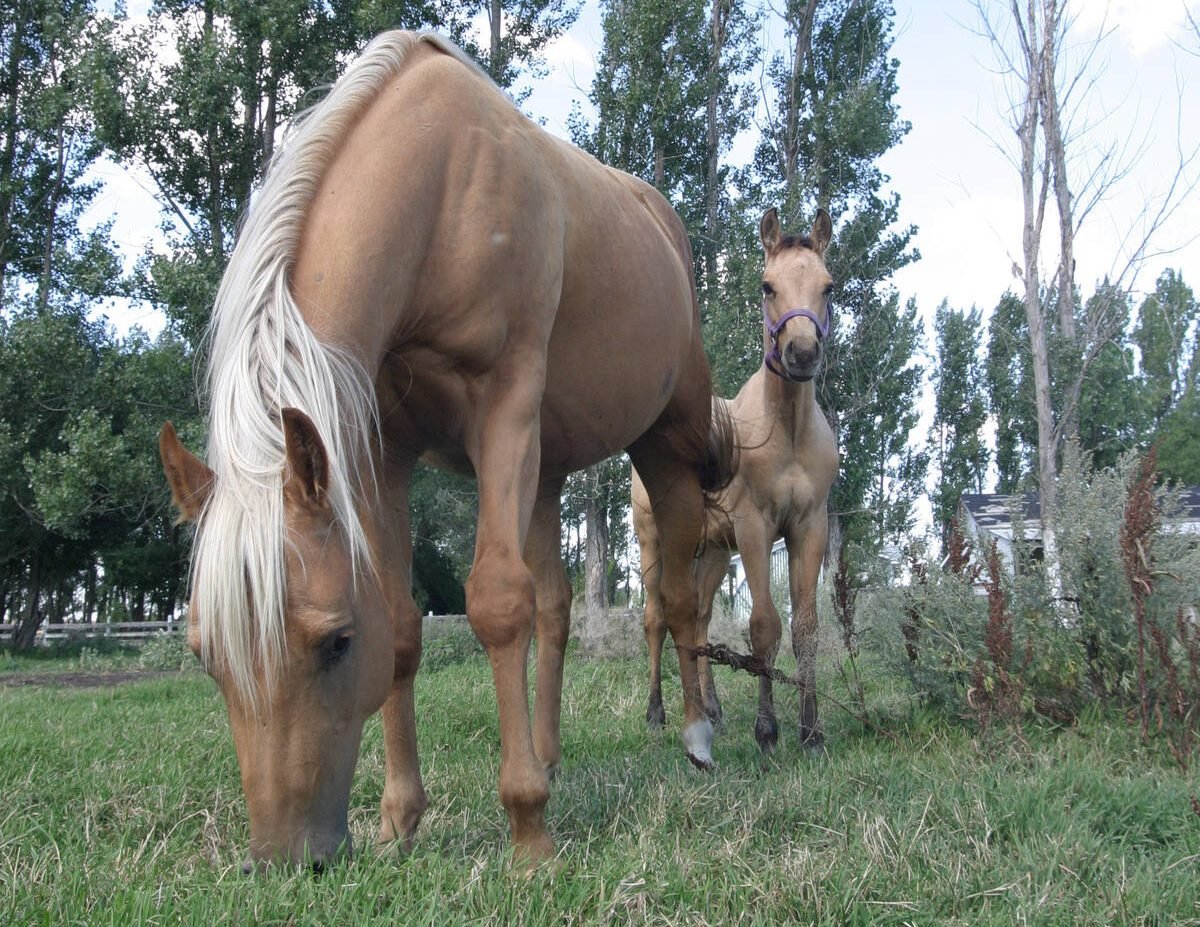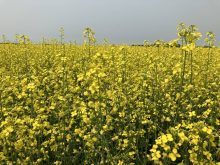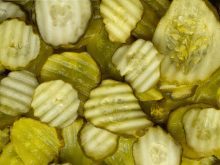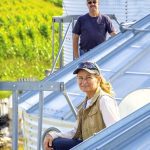On July 30, CBC radio’s Saskatoon Morning program interviewed Saskatchewan farmer and former National Farmers Union executive Nettie Wiebe, in part, about modern farming practices in Saskatchewan (along with Carla Fehr, both representing La Via Campesina, an international peasant movement).
The interview appeared to lack balance by who it decided to invite to speak on behalf of farmers. I feel Ms. Wiebe seriously misrepresented the current state of provincial agriculture.
She did say that she is a small, organic farmer. If agriculture were to follow the logic she laid out, it would set farming back by 50 years.
Read Also

Growth plates are instrumental in shaping a horse’s life
Young horse training plans and workloads must match their skeletal development. Failing to plan around growth plates can create lifelong physical problems.
Wiebe indicated Saskatchewan agriculture is dominated by “huge monoculture, single crops, single species, single kinds of production.”
In 2018, Saskatchewan agricultural statistics show 36 million acres were harvested. Of that, 16.5 million (46 percent) were cereals (winter, durum and spring wheat, oats, barley and rye), 13.3 million (37 percent) were oilseeds (flax and canola) and 5.9 million (16 percent) were pulses (soybeans, field peas, lentils and chickpeas).
Wiebe indicated that current agricultural practices are doing “tremendous harms to soils.”
I feel she is incorrect, as farming has never been more sustainable, nor have soils been healthier. Land management practices have changed dramatically following the 1995 commercialization of genetically modified canola. GM canola adoption, coupled with improved farm equipment, has driven the movement away from continuous tillage of land for weed control. Prior to efficient weed control offered through GM crops, regular tillage was the standard form of weed control and was very damaging to the soil, resulting in soil pulverization and low organic matter, causing significant erosion and reduced moisture conservation.
I conducted a 2006 survey on GM canola production, finding 86 percent of canola farmers reported reduced soil erosion and 83 percent reported increased moisture conservation.
Most fields have now been in reduced or zero tillage for 20 years or more, allowing for the build-up of soil organic matter as post-harvest residues remains on fields.
I feel she was also wrong about Saskatchewan agriculture’s greenhouse gas (GHG) emissions, indicating that agriculture needs to “stop assaulting the climate with all this fertilizer and fuel usage and our increased emissions.”
Over the past 50 years, summerfallow acres have decreased by 95 percent, reducing GHG emissions. From 2013-16, Saskatchewan agriculture has been a net emission sink and for the decade of 2007 to 2016, a net zero emitter.
The most erroneous statement of the CBC interview was that “small scale farmers and peasant agriculture feeds about 70 percent of the world right now and that we have enough food in the world to feed everybody, but it is the control over, and the trade agreement and government regulations that interrupt the feeding of the world.”
I expect the 820 million people that are food insecure today, would disagree with the assessment that sufficient amounts of food are produced.
Canada is fortunate to be part of international trade agreements that work to remove politics from trade. Canada is currently experiencing political ramifications in its commodity trade with China and the story appeared to suggest that Canada would be better off losing this trade due to politics, rather than being able to bring a case against China for violating trade agreements to the World Trade Organization.
The argument for a return to small-scale production would see Saskatchewan return to 1970 agriculture, with millions of acres of summerfallow, high rates of soil erosion and very poor soil organic matter. Such a move would be devastating to agricultural and environmental sustainability.
I do not know any farmers who want to return to this form of crop production.
I would suggest a tour of the University of Saskatchewan’s agriculture college and speaking with the researchers working on innovative new crop varieties.
CBC needs to work at finding modern, progressive farmers to speak to the issues of agriculture. What I heard at the end of July, would compare with propaganda designed to mislead the public.
(Editor’s note: In the same CBC story, soil ecologist Sina Adl, of the University of Saskatchewan, was interviewed and did provide a differing view from that of Wiebe and Fehr. To hear the interview in its entirety visit bit.ly/cbc_CDN_ag.)
Stuart Smyth is with the University of Saskatchewan’s Agricultural and Resource Economics department.















